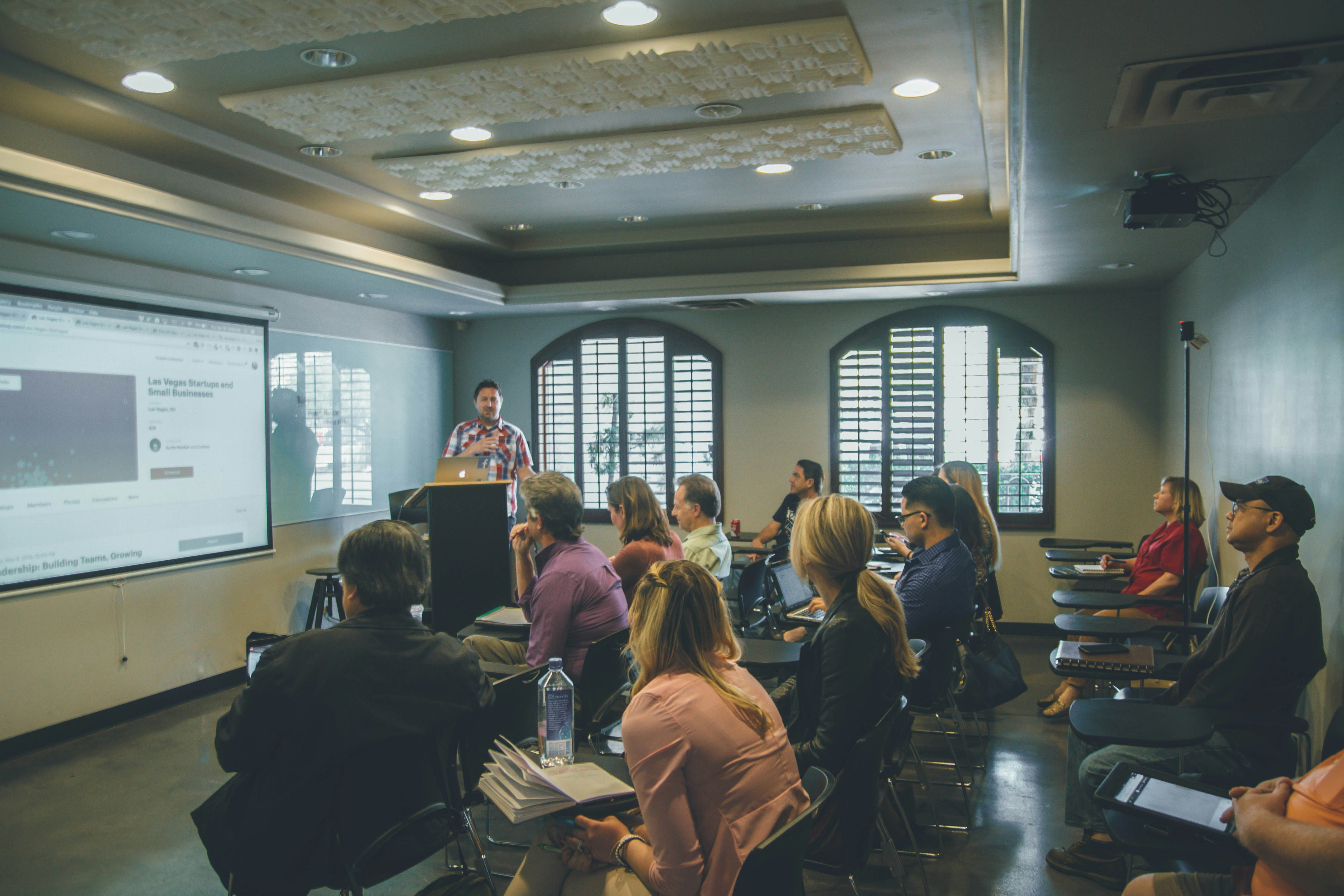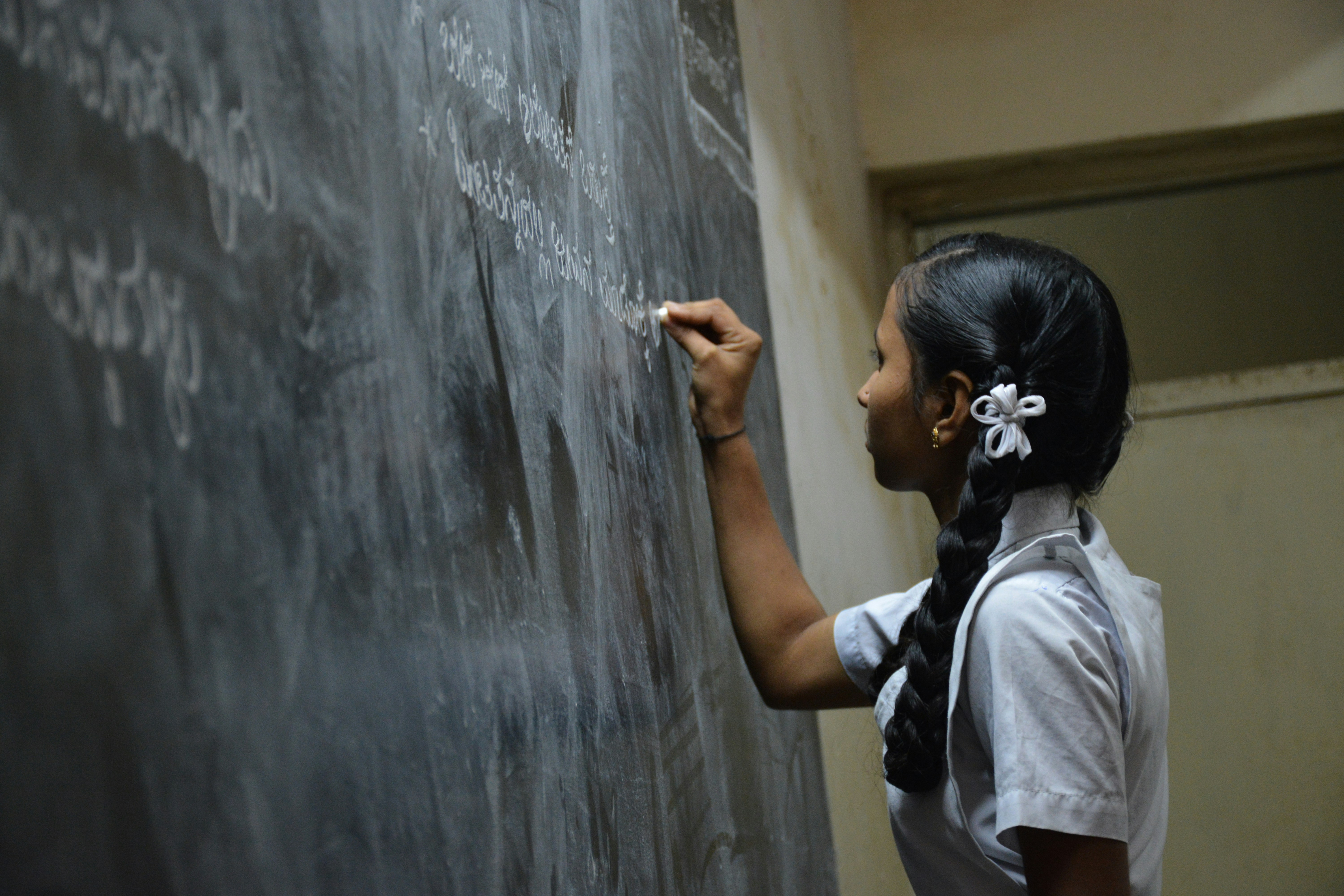Rethinking Education as a Lifelong Investment in Skills, Values, and Human Potential
For generations, the college degree has been viewed as the golden ticket to success. But as the job market evolves and industries are transformed by automation and artificial intelligence, it’s clear that credentials alone aren’t enough.
We must begin shifting our focus from merely what people know on paper to how they apply their knowledge, adapt to change, and contribute creatively. In short, the real value of education lies in investing in people, not just their diplomas.
Why Degrees No Longer Guarantee Success
Once a symbol of security, a college degree today is no longer a guaranteed pathway to employment. Many top employers now prioritize skills, experience, and adaptability over formal qualifications.
Key reasons for this shift include:
- Skill gaps between what’s taught in school vs. what’s needed in real jobs
- Rising student debt with little return on investment
- Rapid technological change is making some degrees obsolete
- Growth of alternative learning paths like bootcamps, micro-credentials, and online certifications
While degrees still hold value, they are no longer the sole or most reliable metric of someone’s potential.

Education Should Build More Than Knowledge
True education isn’t just about facts, it’s about transformation. The best educational systems and environments focus on developing:
- Critical thinking
- Emotional intelligence
- Communication skills
- Resilience and adaptability
- Problem-solving ability
When we invest in nurturing people’s whole selves, we produce citizens who are not only employable but also innovative and socially responsible.
Skills Over Scores: What the Future Demands
Employers are now looking beyond GPAs. They’re hunting for:
- Collaboration and teamwork
- Leadership and initiative
- Digital fluency
- Project-based experience
- Cross-disciplinary thinking
This is why many organizations are partnering with learning platforms and offering in-house training programs to cultivate real-world skills that traditional degrees don’t always provide.
The Human Side of Learning
Investing in education should mean creating space for mentorship, creativity, failure, and growth. It also means acknowledging that not every learner thrives in the same environment.
We must:
- Rethink standardized testing
- Provide personalized learning support
- Make education inclusive and accessible
- Focus on lifelong learning, not just four-year degrees
When we focus on the human side of learning, we unlock potential in students who might have otherwise been left behind.

Investing in People Yields Bigger Returns
A degree might get someone through the door, but it’s the person’s mindset, ethics, and drive that will take them further. Countries and companies that focus on developing human capital holistically are seeing the greatest long-term benefits.
Examples include:
- Finland’s education model, which emphasizes creativity, equity, and trust in teachers
- Singapore’s Skills Future program, offering adults subsidized lifelong learning opportunities
- Forward-thinking employers like Google, which values skill demonstration over diplomas for many roles
The message is clear: when we invest in people, not just paperwork, we invest in progress.
Degrees Are Part of the Puzzle, Not the Whole Picture
This isn’t to say degrees are meaningless. For many professions, formal education is essential. However, we must stop treating it as the only pathway to success or a one-size-fits-all solution.
Real change means:
- Supporting alternative credentials
- Recognizing non-traditional learners
- Rewarding skills, not just status
- Measuring impact over impressions
A diploma should be a Launchpad, not a finish line.

The future belongs to those who can think critically, learn continuously, and collaborate effectively, qualities that go beyond a transcript. If we want an economy and society built for resilience and innovation, we must invest in people’s full potential, not just their degree titles.
By reimagining education as a dynamic, lifelong journey, we can empower a workforce that’s ready not just for the next job but for the challenges and opportunities of tomorrow.

